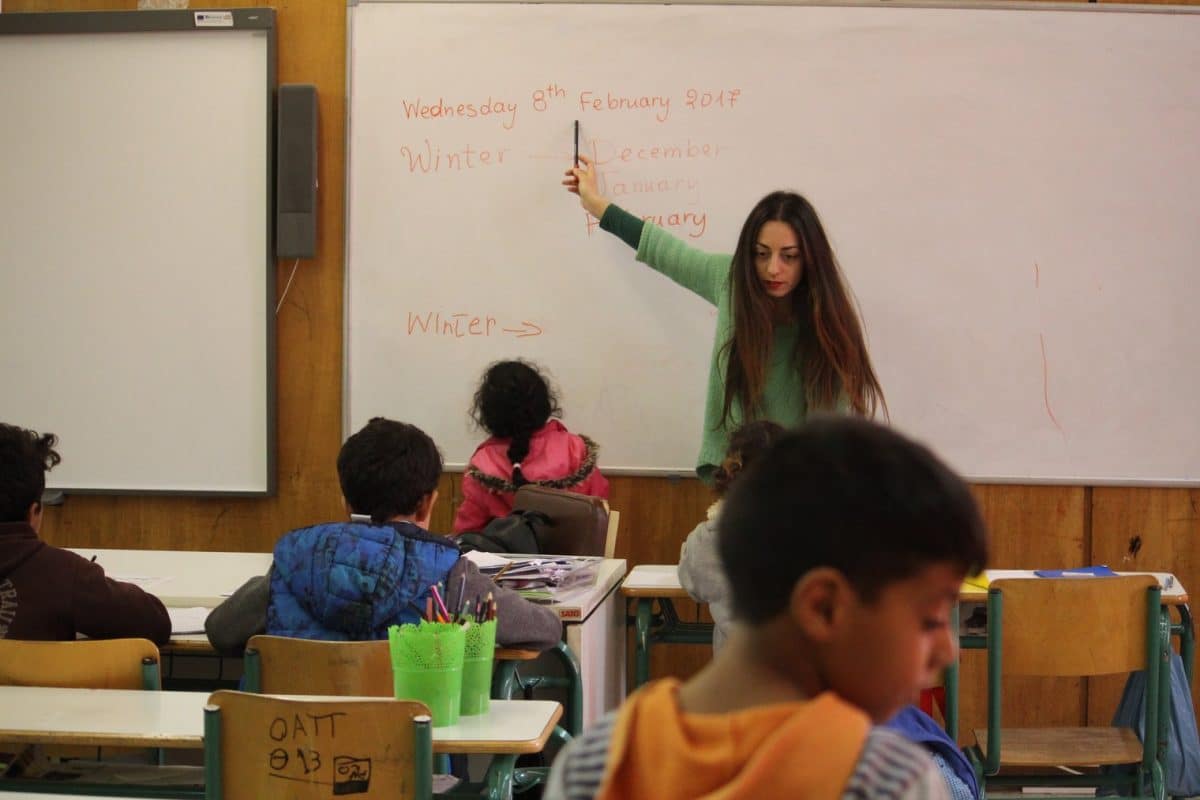
El International Migrants Day, celebrated today, focuses on the stories of social cohesion of each of the 272 million migrants who start a new life and build new communities in every corner of the world. But also in Spain it is serving to remember that it is necessary to take another step and pass the reception and standardization phase. All emigrants, regardless of their ethnic, cultural, religious origin, are holders of civil and political rights, but also of economic, social and cultural rights, and school must be the first space for recognition and integration.
One of the principles of the Spanish educational system, in all its autonomous communities, is the school integration, in line with the right to equality and social cohesion. This makes it easy to find different cultures in classrooms. Therefore, sometimes, ignorance of language, culture and rights makes these migrant students find themselves in a situation of possible vulnerability.
What is intercultural education?

La intercultural education refers to the integration of the immigrant population in the host society, and as a consequence in society in general. Members of the majority group must take as equals those of minority groups. The school is the means, and the tool, to stimulate and generate this current.
Some measures included in schools to promote integration of the emigrants are:
- Eliminate barriers that hinder the success of children,
- Promote dialogue with families of minority cultures,
- Involve people from these communities in the participation bodies of the center or in school activities
It is clear that the schooling is the starting point for family insertion and acts as a stabilizer for the elderly who make up the family. Furthermore, any child of school age has the right to a basic education, regardless of whether or not their parents are in an irregular situation.
Immigrant students have to feel part of the group, that their language and culture are appreciated and valued. For this, one of the specific objectives will always be the oral and written command of the Spanish language, which allows access to the same curriculum as the rest of the classmates.
Recommendations for integration in school

It is considered a good education when objectives are oriented towards autonomous development, of all the personal, social, ethical and intellectual capacities of each individual. In the same way, they are taught to live together and cooperate.
Some of the recommendations given to teachers are, for example:
- Include content related to other cultures in the curriculum, emphasizing what unites us, not what separates us.
- Carry out activities in culturally heterogeneous groups.
- Reflect the presence of different cultures and languages in the life of the center.
- Establish a critical dialogue between all cultures.
One of the objectives is that at the end of compulsory education, all are competent in the use of the language. This is an essential vehicle to feel useful and to be considered a member of society.
Integration experiences through life stories

On International Migrants Day, a group of researchers from the Faculty of Education, Economics and Technology of the UGR of Ceuta is launching Ortega y Gasset at the CEIP new methodologies in the school's Language Plan. The novelty is that it works, through a printed book, the life stories of 10 migrants, 8 men and 2 women.
The project is called Frontier tales, is a children's and youth literary material that presents the different realities told by the migrant population in short story and comic format. It also collects the voices and testimonies of single migrant minors, cross-border workers engaged in the carriage of goods, and other people.
The idea is to take this same initiative to the rest of the Infant, Primary and Secondary schools in the city.